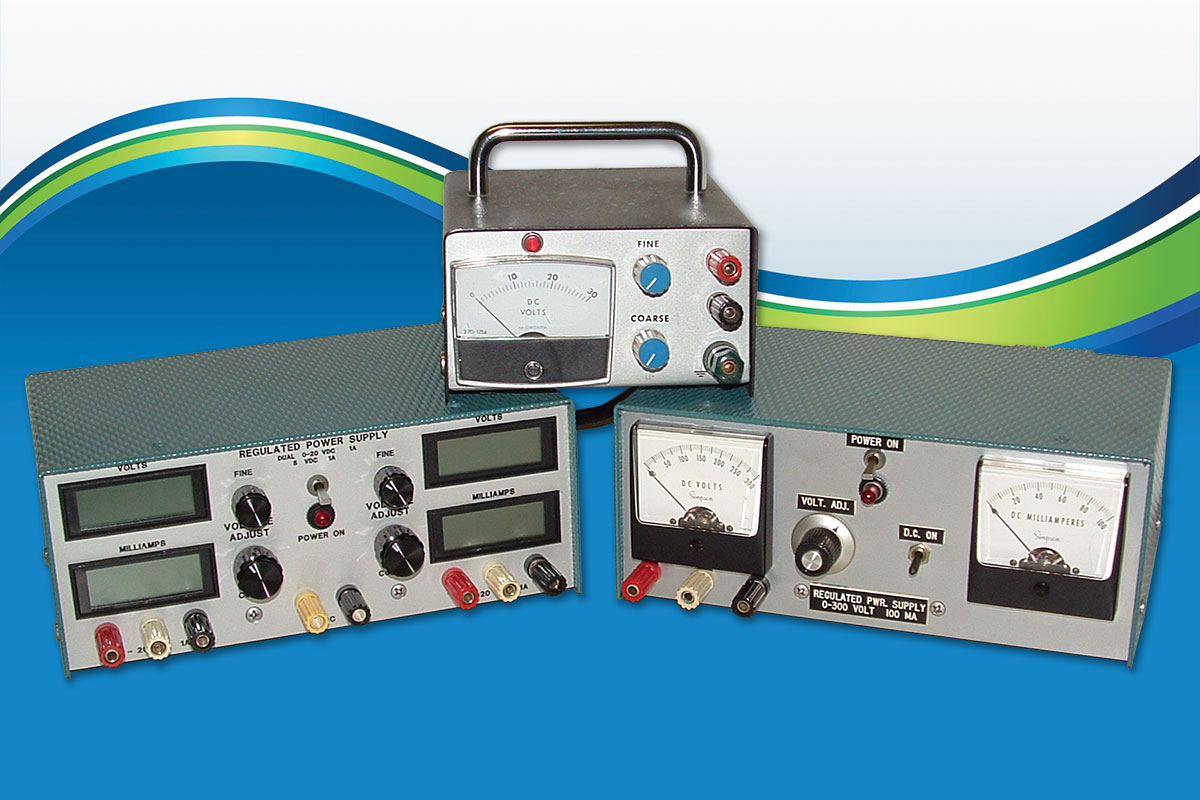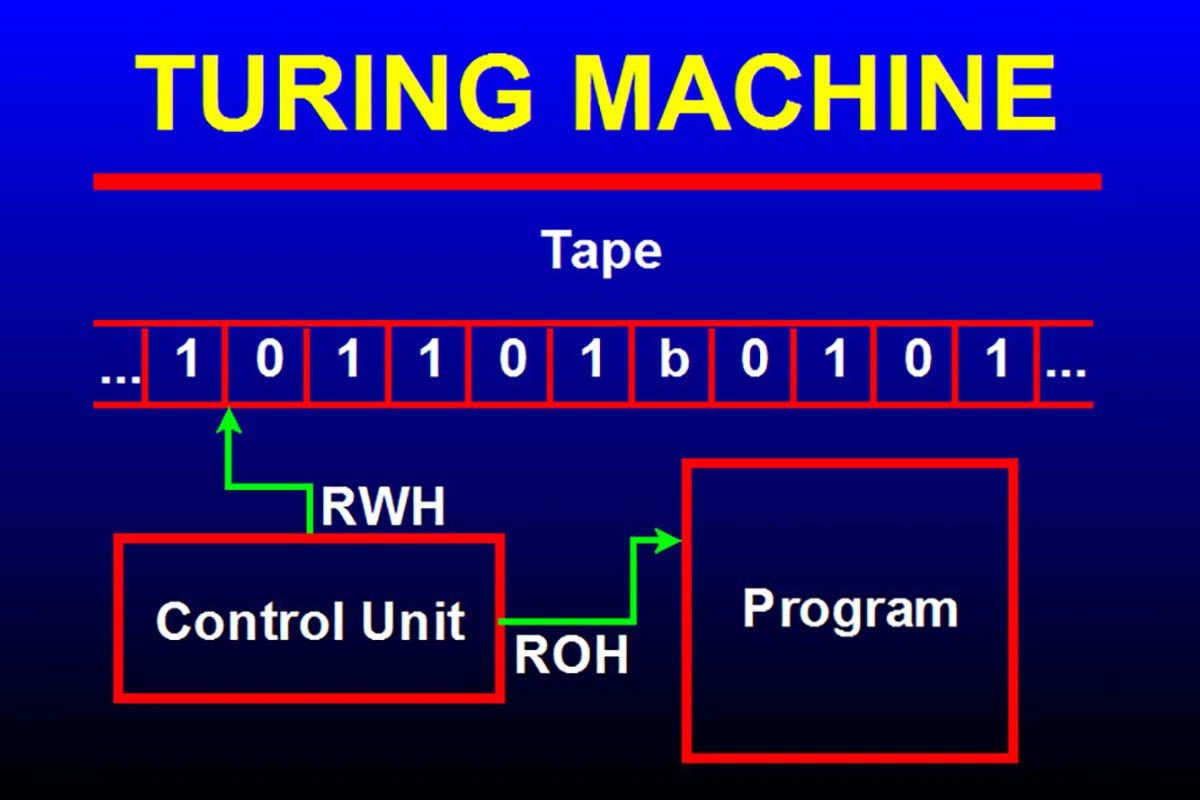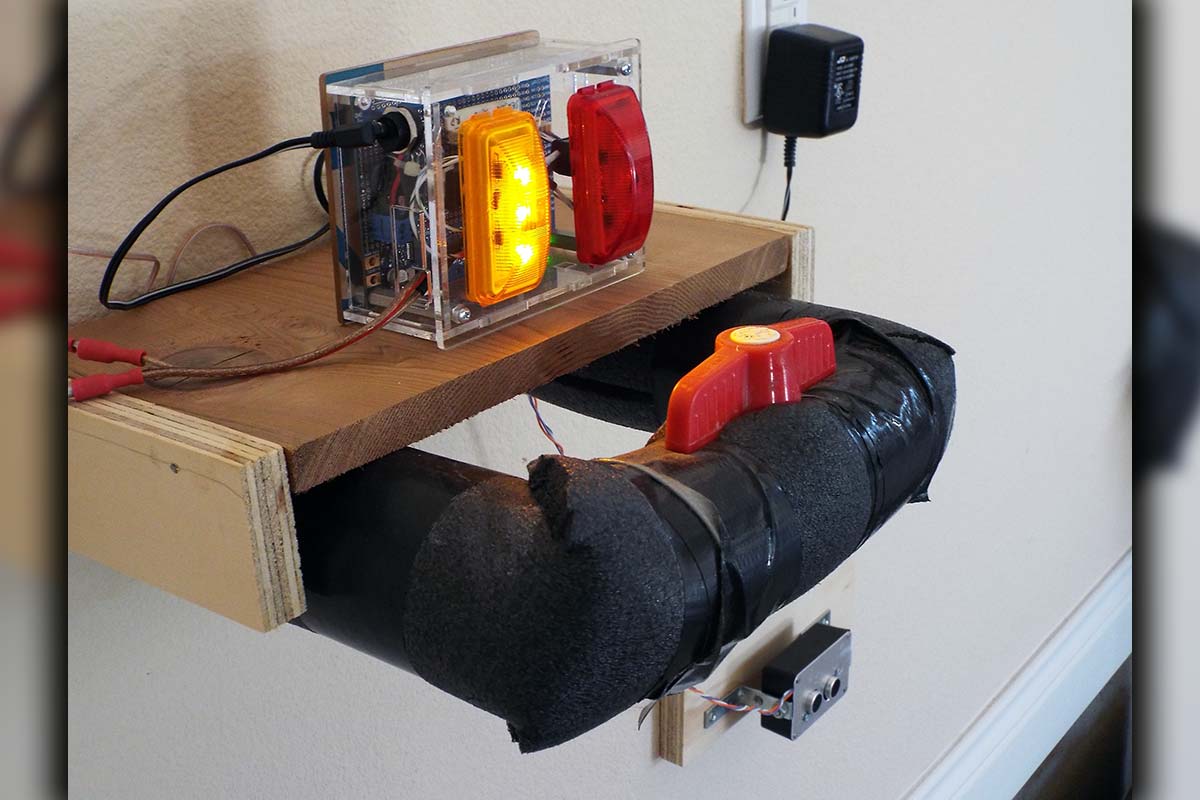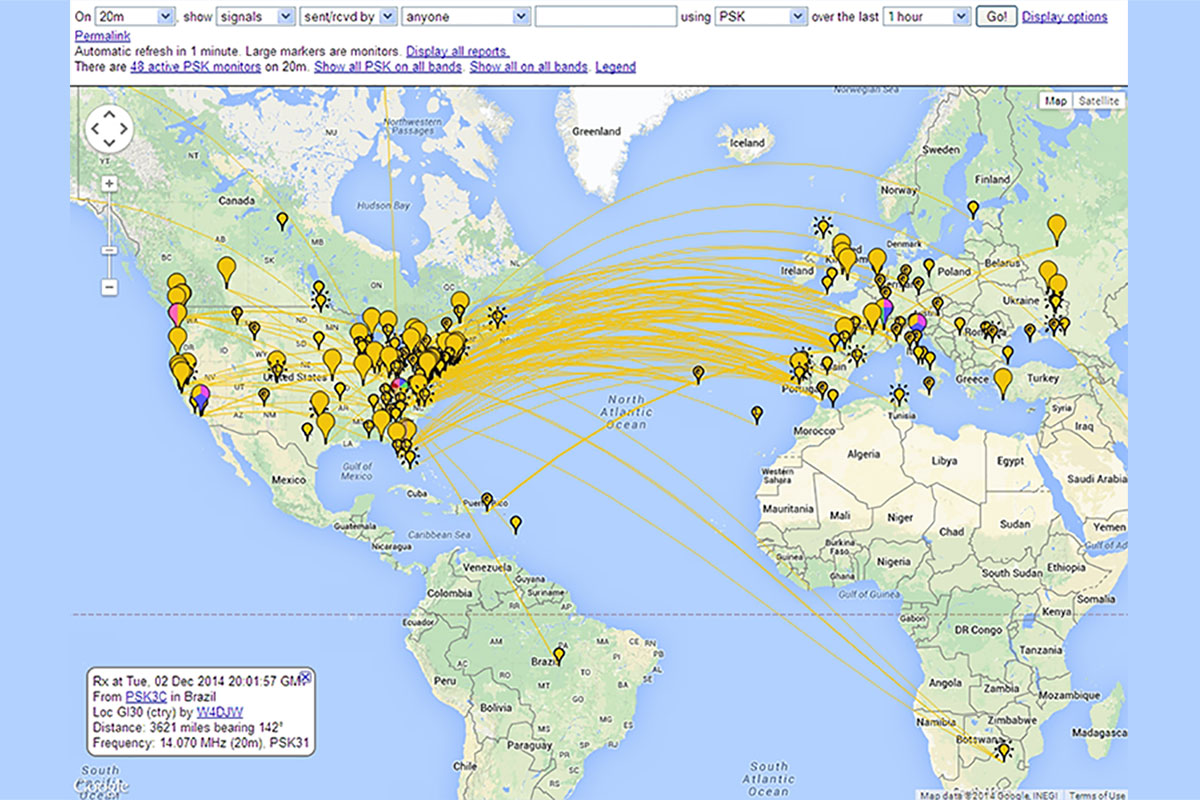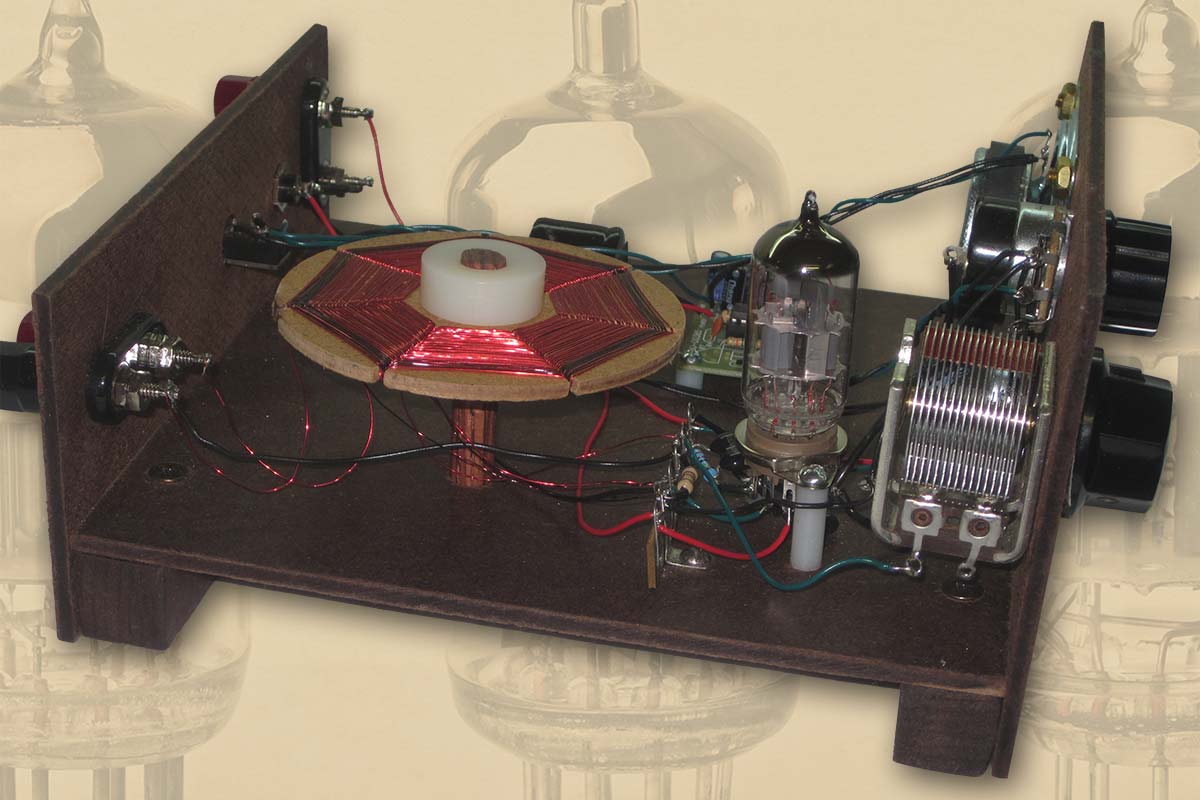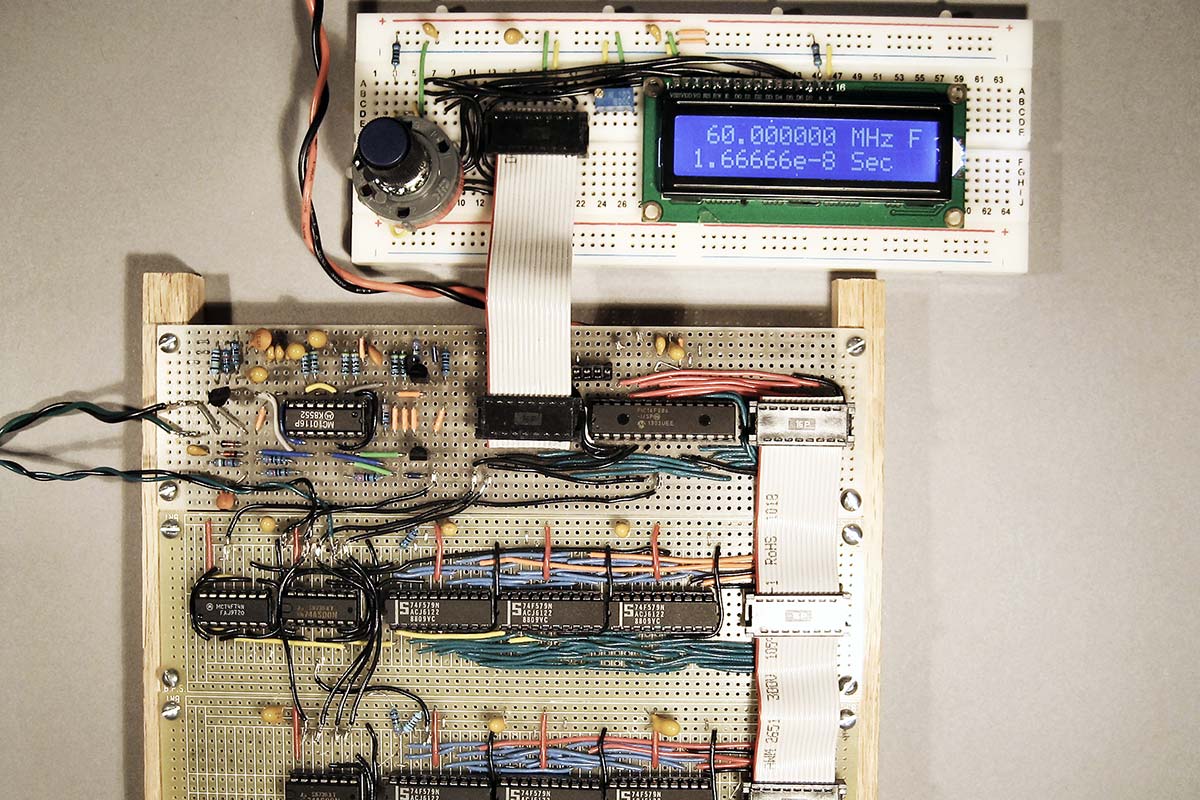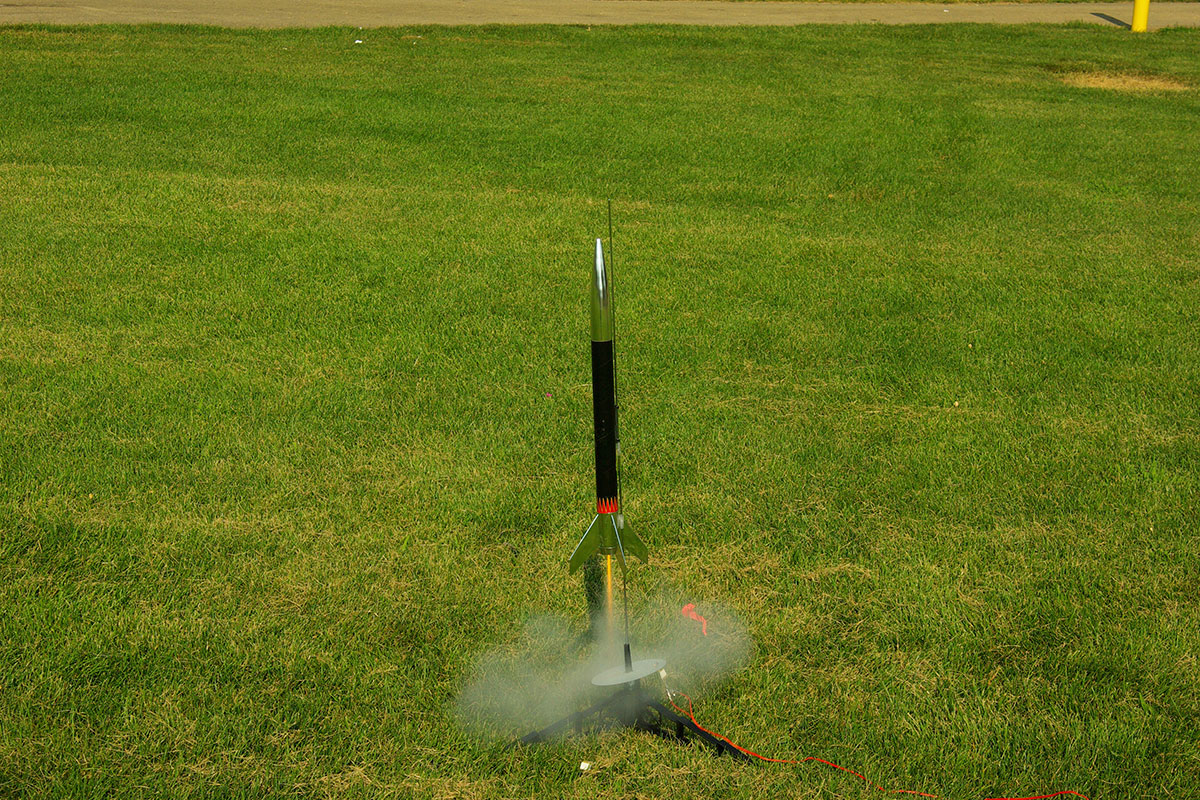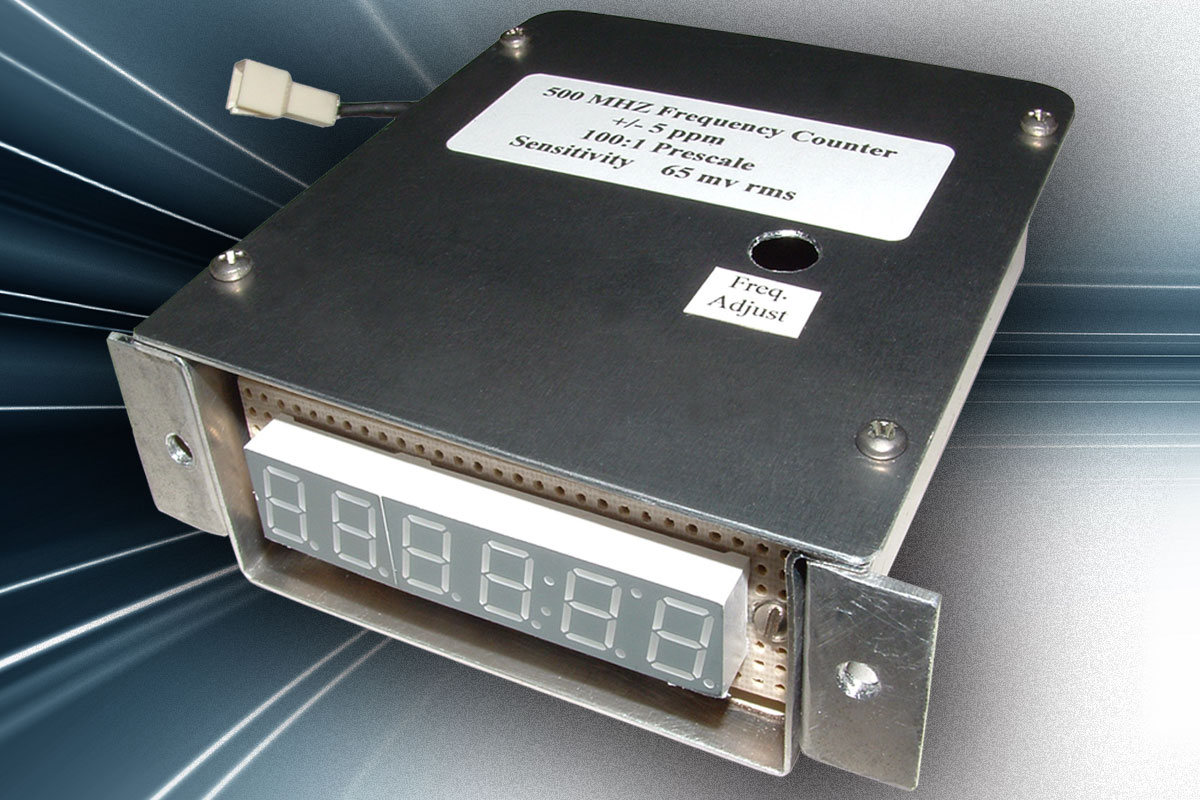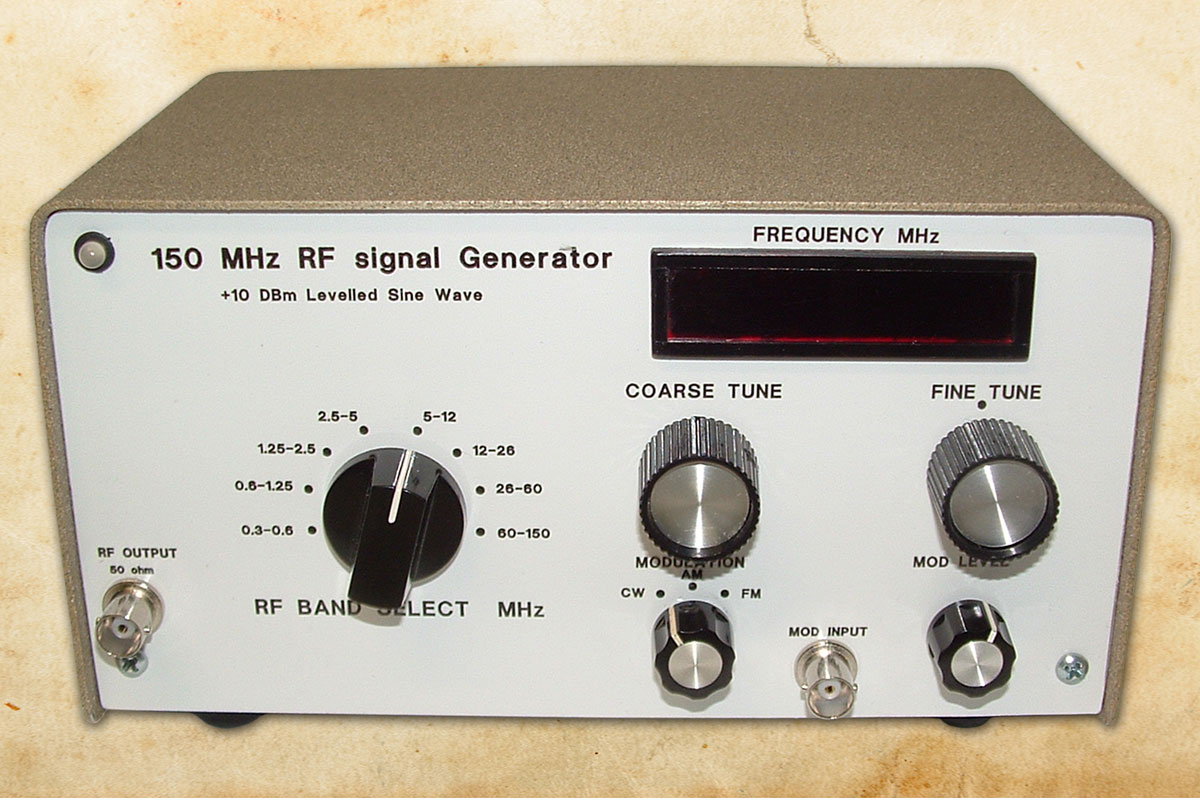Sure, launching model rockets is cool and all, but what if you could incorporate some science and learning into the fun, too. How high did it go, exactly, and what did it do along the way? What happens when the rocked drifts to Earth out of sight? The flight computers described here have the ability to collect data; control other payload instruments (cameras, sensors, radios, etc.); trigger activities in flight, such as igniting a second-stage motor or deploying parachutes or glider wings; send simple telemetry data via a built-in transmitter; and act as a radio beacon to find the rocket once it's landed.

